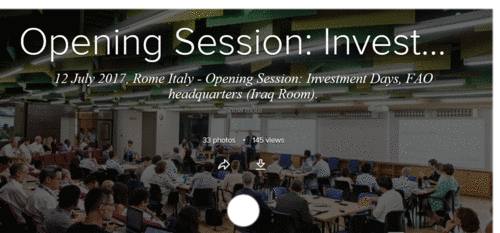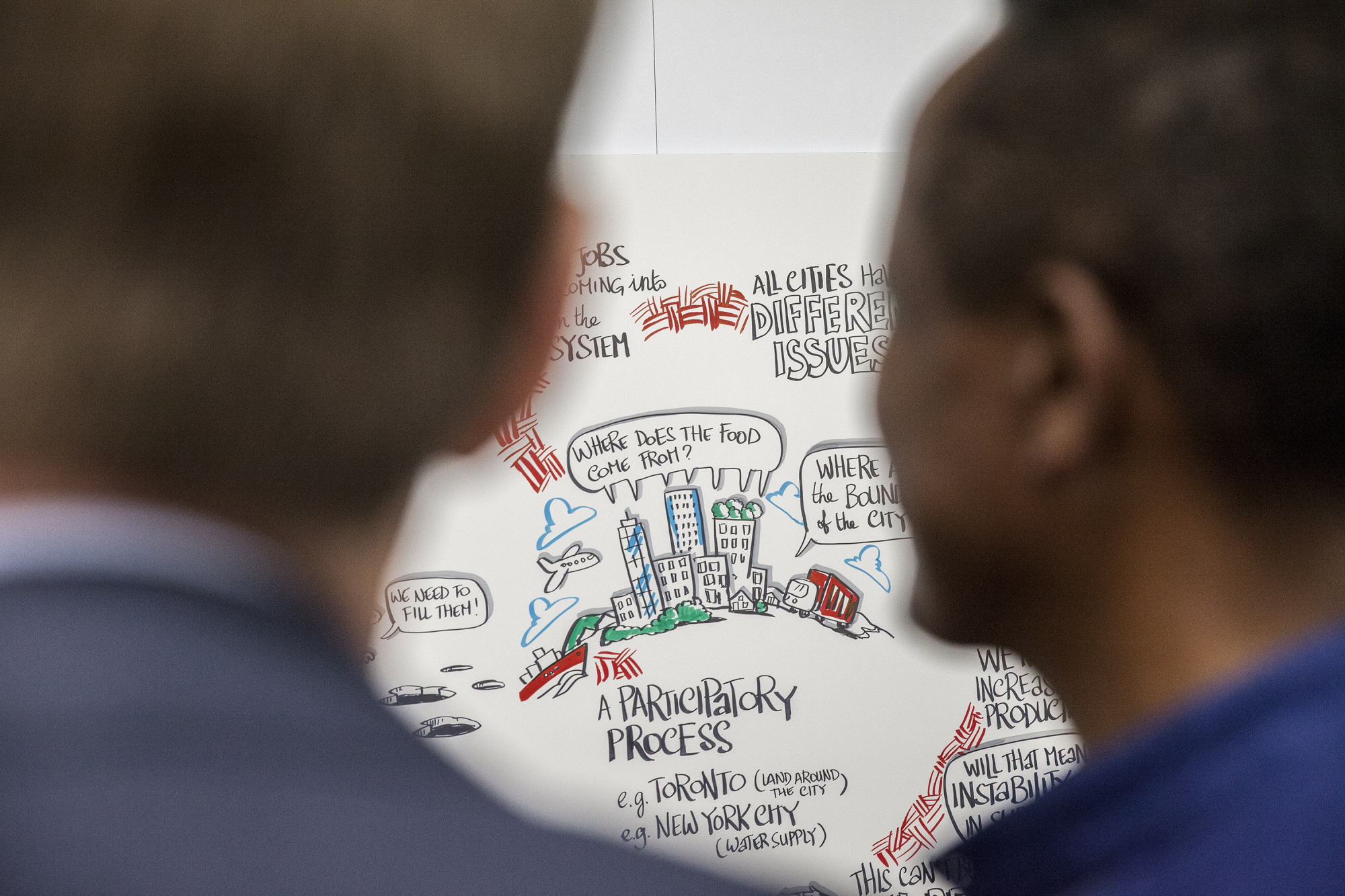Investment Days 2017

Innovation theme of FAO’s eighth annual Investment Days
On 12 and 13 July, the FAO Investment Centre hosted its eighth annual knowledge sharing event “Investment Days” at FAO headquarters in Rome.
Organized around the theme of Innovation for Development, the event drew around 140 participants, including Investment Centre staff from headquarters and the decentralized offices, FAO colleagues and guest speakers and partners from the public and private sectors and academia.
Innovators from diverse fields shared their knowledge on innovative financing for food and agriculture; digital innovations for inclusive agriculture; and innovations for food systems and e-commerce.
Participants also discussed how these and other innovations can lead to more productive investments, and the importance of supporting enabling environments that foster innovation.
In his opening remarks, Daniel Gustafson, FAO Deputy Director-General Programmes, noted that given the significant amount of resources FAO helps to mobilize, it was important to look at how “we can leverage what we do as an organization and the innovations we are working with to have impact at scale.”

- Renée Chao-Beroff ©FAO/Giuseppe Carotenuto
Innovative financing
Achieving the Sustainable Development Goals by 2030 requires investments from both the public and private sector – and greater collaboration between the two.
The day’s first sessions deepened the debate around the role of impact investment – investments that generate social and environmental impacts as well as economic returns – in filling the financial gap for smallholder farmers and small and medium enterprises.
Participants explored different ways public sector financing can enhance investments made by private sector impact investors to better serve the “missing middle” and to help farmers’ graduate to formal sources of finance to fund their pathways out of poverty.
Recognizing the limits of public funding through national budgets and official development assistance, participants also discussed the increasingly important role private savings and remittances play in development.

- ©FAO/Giuseppe Carotenuto
Innovative technology and tools
Another session showcased examples of digital technology that are making agriculture more inclusive and efficient, from a crowdsourcing application that enables family coffee farmers in Mesoamerica to better manage their coffee systems, to unmanned aerial vehicles that can enhance small-scale agriculture.
In Kazakhstan, leading dairy companies are using Collect Mobile, a free, open source application for data collection. Once downloaded to an Android device, the companies can use a customized version of the software, which works without an Internet connection, to map milk procurement routes, monitor and score the performance of milk suppliers and zero in on trouble spots in the production cycle.
Innovations in food systems
Feeding a growing population while ensuring the sustainable use of natural resources is a huge challenge. The efficient use of one natural resource can result in the inefficient use of another, which is why assessing water, energy and food trade-offs is crucial.
Participants learned how technological innovations developed to grow vegetables and other foods in dryland and desert areas, along with agroforestry practices, are helping to minimize and reverse land degradation.
They also discussed different ways in which cities are using the latest technologies, public-private partnerships and policy to ensure urban citizens have access to sustainable, affordable and nutritious food.

- Lucia Fabiani ©FAO/Giuseppe Carotenuto
Food Systems and e-commerce
Another innovation changing food systems is e-commerce, which is rapidly becoming an important alternative marketing channel for smallholder farmers in rural areas.
The e-commerce platform Rural Taobao in China, for example, analyses members’ online activities to create a credit score, making them eligible to receive micro-loans to grow their businesses.
Farmers can use the data analytics to market their produce to the right audience at the right time, and buy agricultural tools and materials. The platform also provides rural communities with access to a broader range of consumer products and services at a lower cost.

- ©FAO/Giuseppe Carotenuto
Innovations in sharing and learning
Investment Days introduced some innovations of its own this year, with excursions in and around Rome to learn about innovations in agriculture and agribusinesses in Italy. A graphic facilitator was also on hand during the event’s second day, translating the discussions and ideas into images.
Feedback from the participant survey was positive and enthusiastic, setting the bar high for next year’s event.
“Investment Days is unique in that it brings together a critical mass of thinkers for two days to debate important issues around investment,” said Mohamed Manssouri, an FAO Investment Centre service chief. “Without new knowledge and ideas, we won’t be able to find solutions to the big issues – food insecurity, rural poverty, climate change – we deal with, which is why this year’s theme on innovation was so timely. We need to be curious and look for good innovations, wherever they are happening, and bring them to scale.”
Photos on Flicker
Investment Days 2017 Programme
Related articles
24/08/2017
Innovation theme of FAO’s eighth annual Investment Days
On 12 and 13 July, the FAO Investment Centre hosted its eighth annual knowledge sharing event “Investment Days” at FAO headquarters in Rome.
Organized around the theme of Innovation for Development, the event drew around 140 participants, including Investment Centre staff from headquarters and the decentralized offices, FAO colleagues and guest speakers and partners from the public and private sectors and academia...
20/12/2017
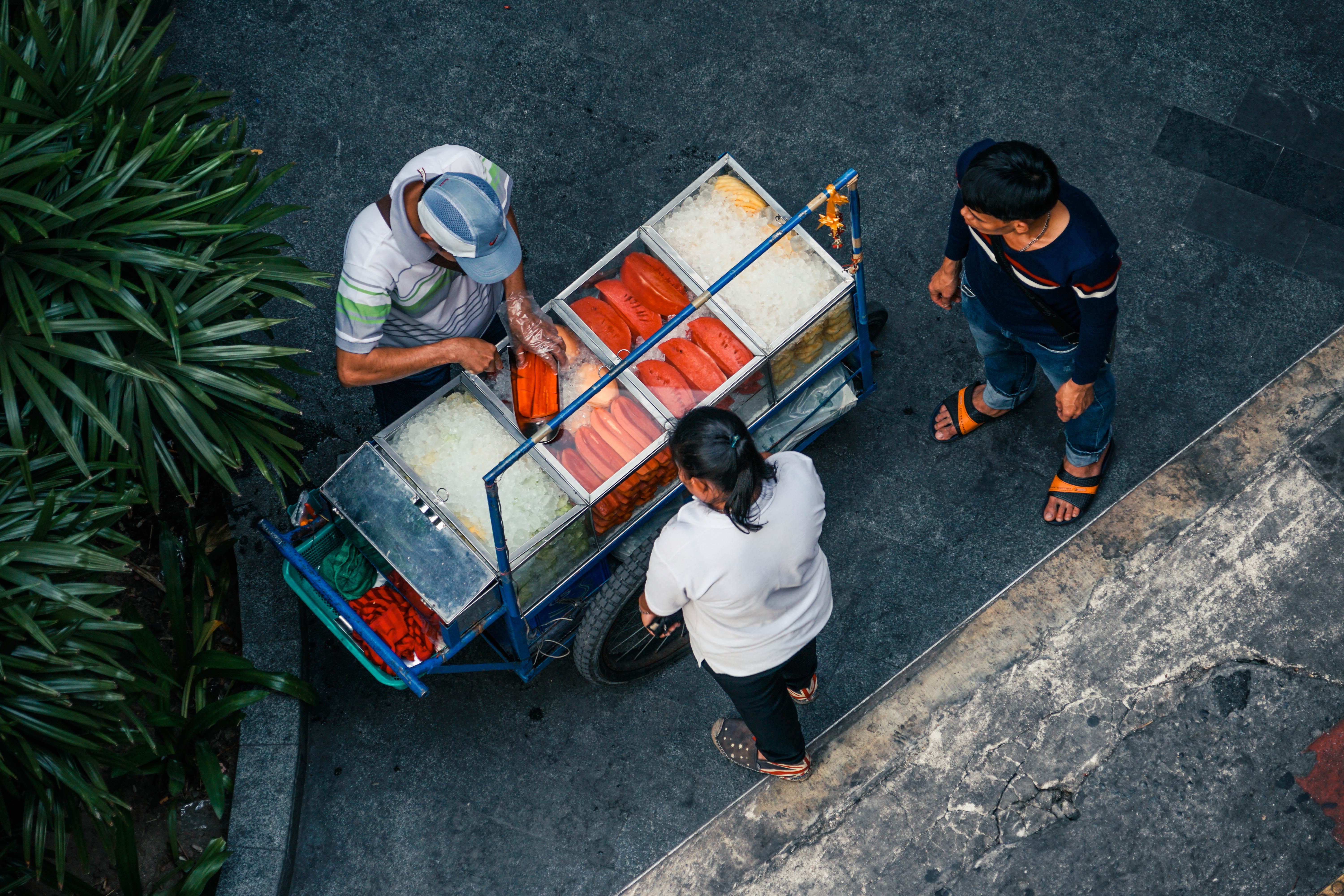
Innovations in urban food systems
By 2050, two-thirds of the world’s population will likely live in cities. The challenge is to feed these rapidly growing urban populations in a way that is sustainable, healthy, affordable and environmentally sound.
FAO Investment Days 2017 explored innovations in urban food systems, from the latest in city farming and waste reduction to food policy and public-private partnerships...
08/01/2018
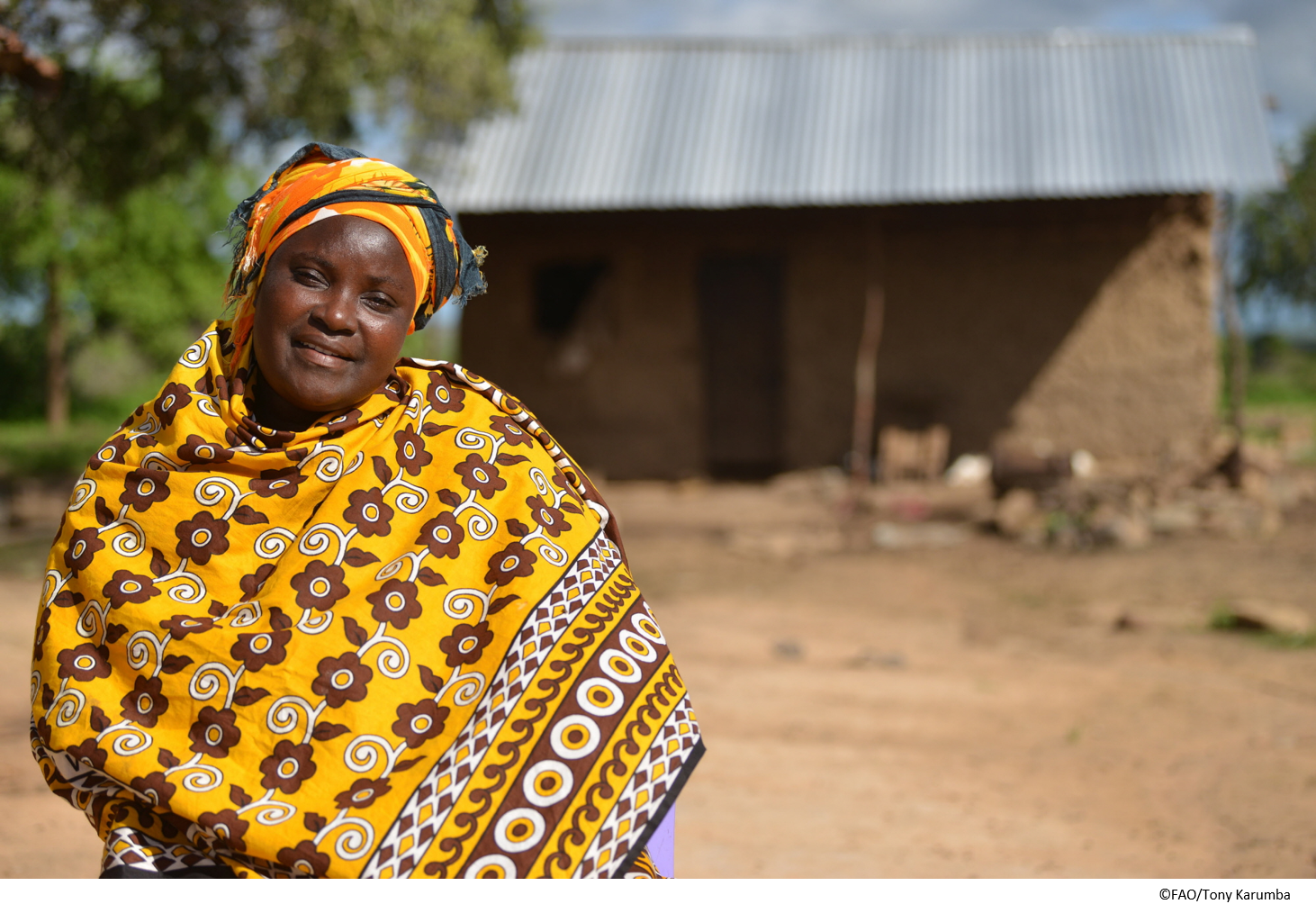
Innovative financing and social impact investing
Public resources alone are not enough to tackle the world’s most pressing challenges.
Impact investing – private capital investments that generate social or environmental benefits while also turning a profit – could fill some of that gap...
08/01/2018
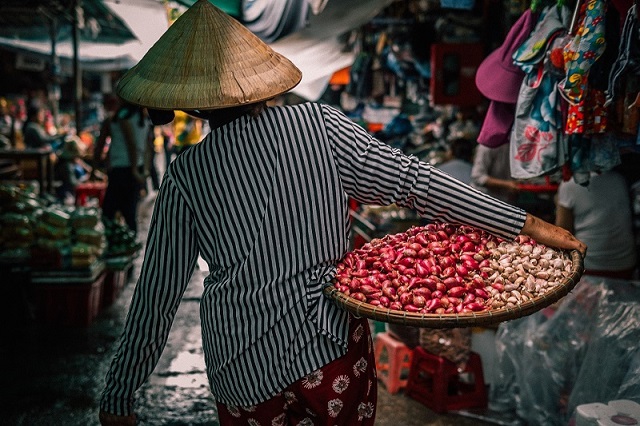
Innovative financing, tapping the private sector
Official development assistance (ODA) for low-income countries has been shrinking in recent years and is no match for demand on the ground.
As the investment landscape evolves, how can public institutions make better use of these limited public funds and ensure that private sector investments are financially sustainable and socially responsible?...
13/12/2017
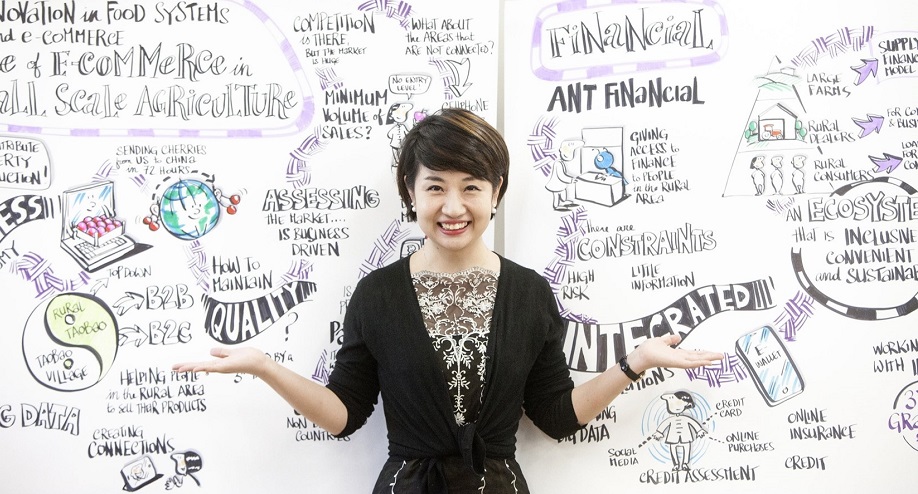
Online buying and selling potential game changer for small-scale farmers
With a few clicks, farmers can access a broader range of consumer goods, agricultural inputs and financial products and services – not to mention marketing outlets.
“E-commerce can increase the farm gate price by 20 to 30 percent because there are fewer steps between producers and consumers,” said Carlo Bravi, an FAO senior economist...
08/11/2017
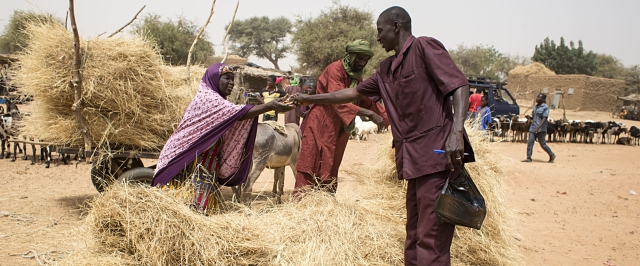
Innovations in desert and drylands farming
The global demand for food, water and energy is expected to increase by about 40 to 50 percent by 2030. This is driven in part by an expanding population, rapid urbanization, greater prosperity and changing diets.
Meeting the increasing demand requires smarter, greener and more efficient food systems – especially as the climate changes and natural resources become scarcer...

